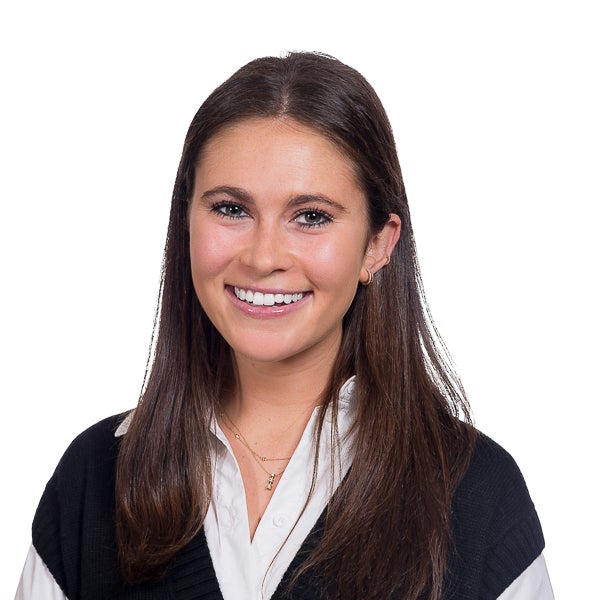By Morgan Hurst ’24

Spending the first twenty-two years of my life in the South, I grew up acutely aware of the frequent voter suppression and lack of meaningful access to political participation present in the region of the United States I call home. One of the driving forces motivating me to apply to law school was my belief that by protecting the right to vote and enfranchising as many Americans as possible, our country can advance laws and structures to build a system of governance that serves all Americans. On a more personal level, I hoped to learn in law school the skills to help advance my home state of Texas toward a governance better aligned with the incredibly vibrant, diverse community I am proud to be from.
After taking Professor Nicholas Stephanopoulos’s Constitutional Law class, in which he exposed us to a few of the seminal Election Law cases, and learning more about the clinics offered at HLS, I was so excited to apply for the Election Law Clinic (“ELC”) after 1L. I was hopeful that ELC would be the most formative part of my law school experience. I am so lucky that was the case.
I gained an incredible amount of experience and skill during my time in ELC. From a professional standpoint, I learned how to be an effective litigator, specifically for Section 2 of the federal Voting Rights Act cases. My supervisors had litigated many of these Section 2 cases before and gave us both the proper guidance but also independence to navigate the process on our own. I can now confidently say I understand and know how to execute on the steps of litigating a Section 2 case, many of which are transferable to different types of federal litigation. I know that in litigating both Section 2 and other civil litigation cases in the future, I will be well-prepared. During my three semesters in ELC, I also wrote and submitted an amicus brief in a state supreme court with my student colleague as well as contributed to ELC’s support of state coalitions advancing voting rights in their respective states.
From a personal standpoint, ELC gave me a community and home base at HLS I was eager to find during 1L. My supervisors, Daniel Hessel, Theresa Lee, and Ruth Greenwood, and ELC’s program coordinator, Veneice Miller, were fundamental to my law school experience. They supported me wholeheartedly by providing line-by-line feedback on my written work, teaching me how to communicate with clients and then trusting me to lead our calls on my own, and routinely checking in with me to ensure I was getting everything out of the experience I sought. My relationship with my direct supervisor, Daniel Hessel, has become one of the most important mentorships in my professional life. Daniel strove to help me become a better law student and, one day, an exceptional attorney. He always made time to explain the nuances of Election Law doctrine when I was confused or stuck, and he empowered me to take responsibility and agency in the cases we worked on together, so that I could learn and grow as much as possible.
Working with my fellow clinical students was an integral aspect of my time at HLS as well. I made lifelong friends in ELC and further developed my teamwork and leadership abilities. So much of the law school experience can be highly individualized, from exams to the write-on competition to job applications. At college at Vanderbilt University, I studied Human & Organizational Development in Vanderbilt’s Peabody College of Education & Human Development. I studied and learned firsthand how to best structure and navigate teams and organizations in order to maximize efficiency, productivity, collaboration, and collegiality. I believe this kind of work is pivotal across all industries but is not often prioritized in law. The clinical experience is an excellent way to incorporate this kind of work into the legal world. Students in ELC work on a variety of teams, in terms of their size, subject matter, project pace, and other variables, and our supervisors expect us to work productively together.
In short, my HLS experience would not be what it was without ELC. My time in ELC reconfirmed my commitment to advancing and protecting democracy during my career and gave me a community of mentors and friends for life. The opportunities ELC presented exceeded my expectations for law school and equipped me with the skills to bring about the change I hope to inspire in Texas. I am so deeply grateful for this experience and will always look back on my time in ELC with great fondness and appreciation.
Filed in: Clinical Student Voices
Tags: Class of 2024, Election Law Clinic
Contact Office of Clinical and Pro Bono Programs
Website:
hls.harvard.edu/clinics
Email:
clinical@law.harvard.edu